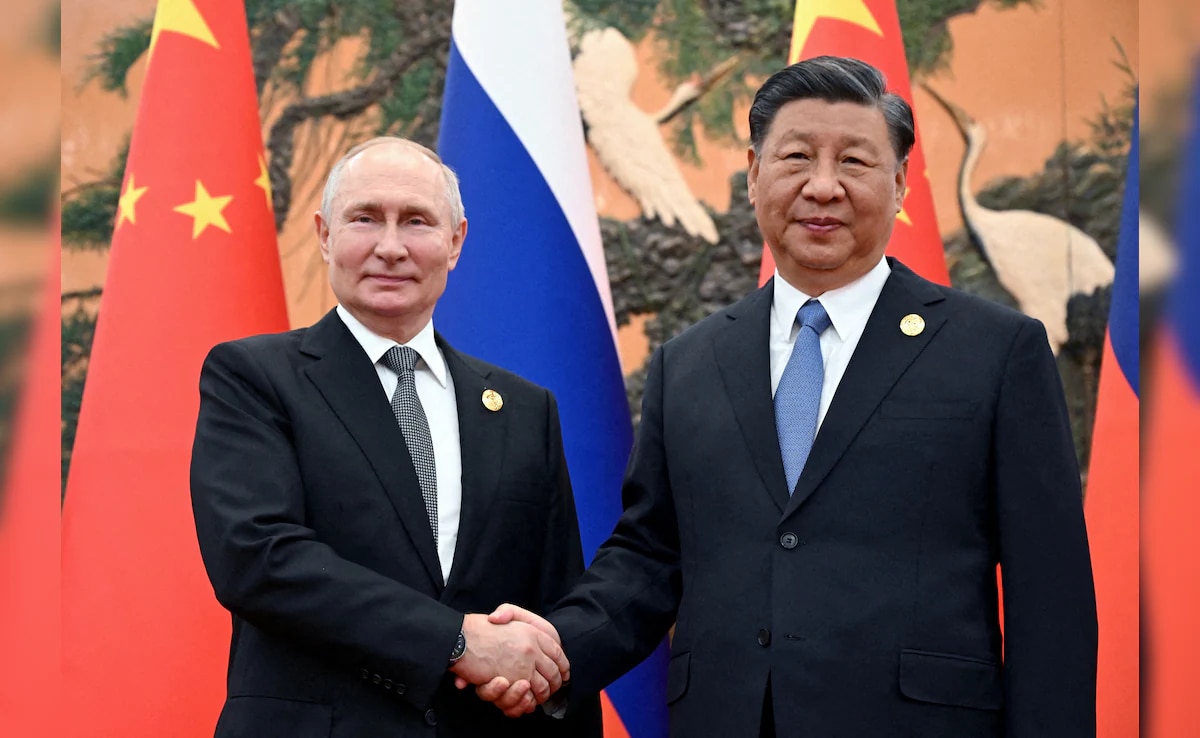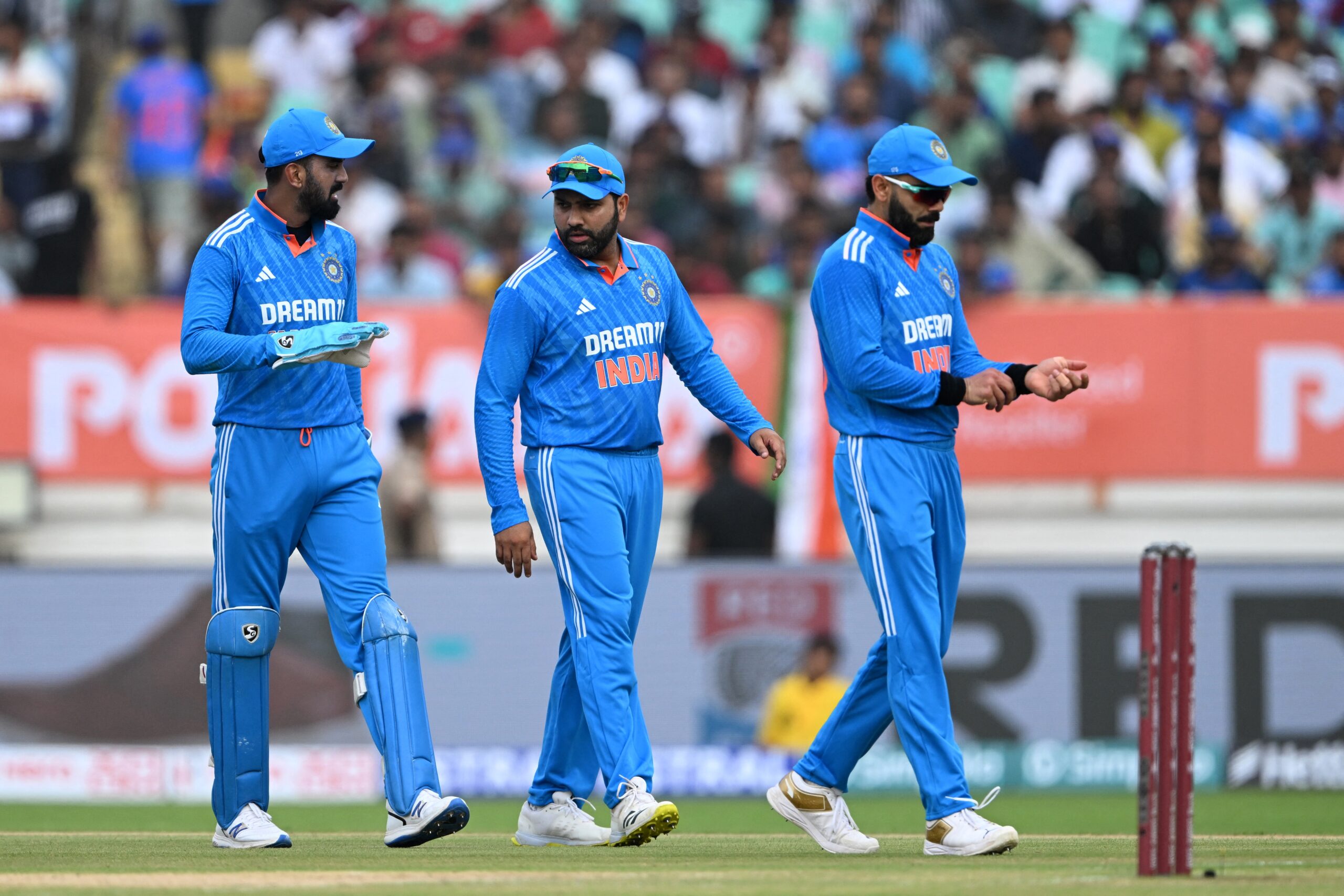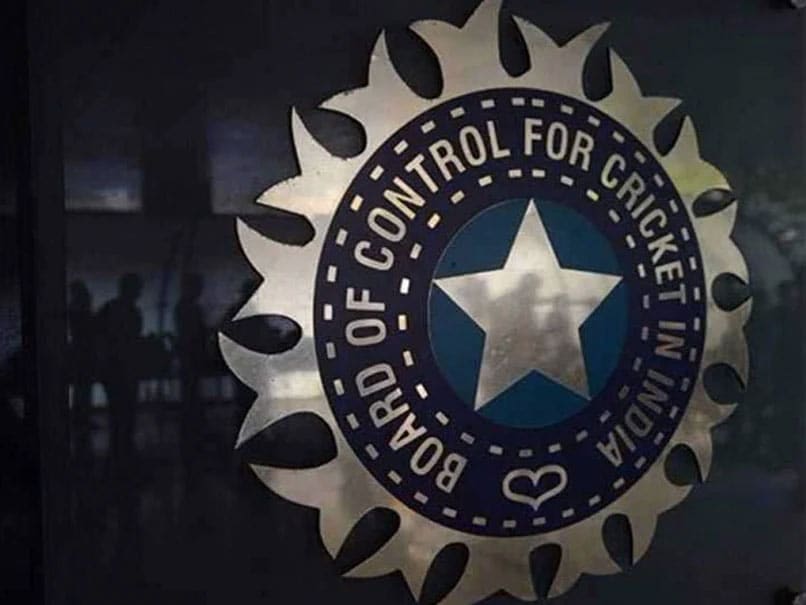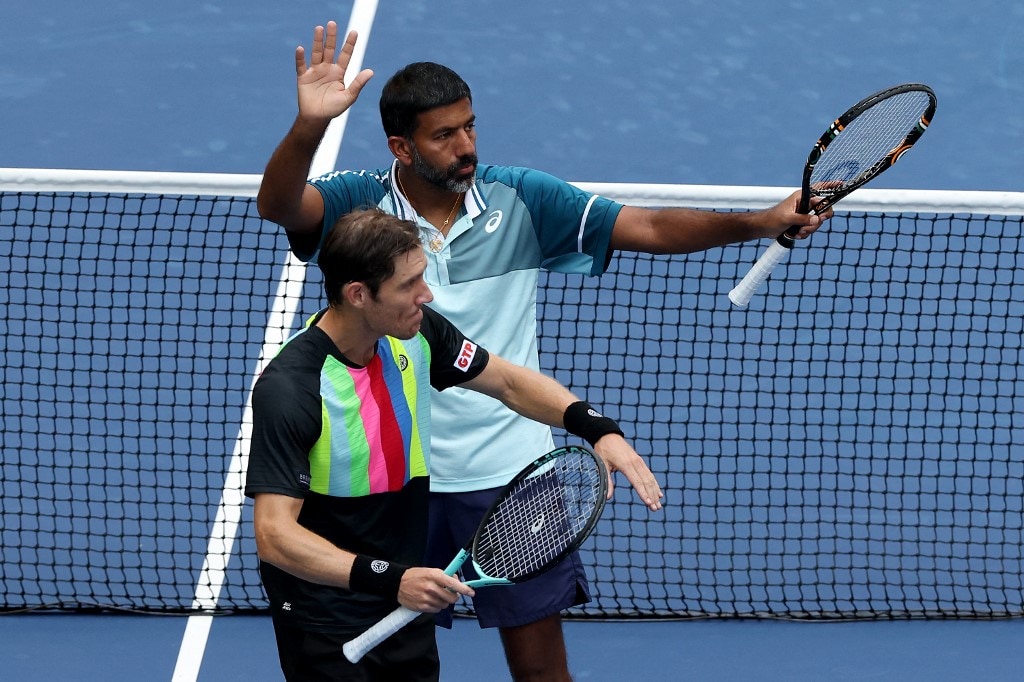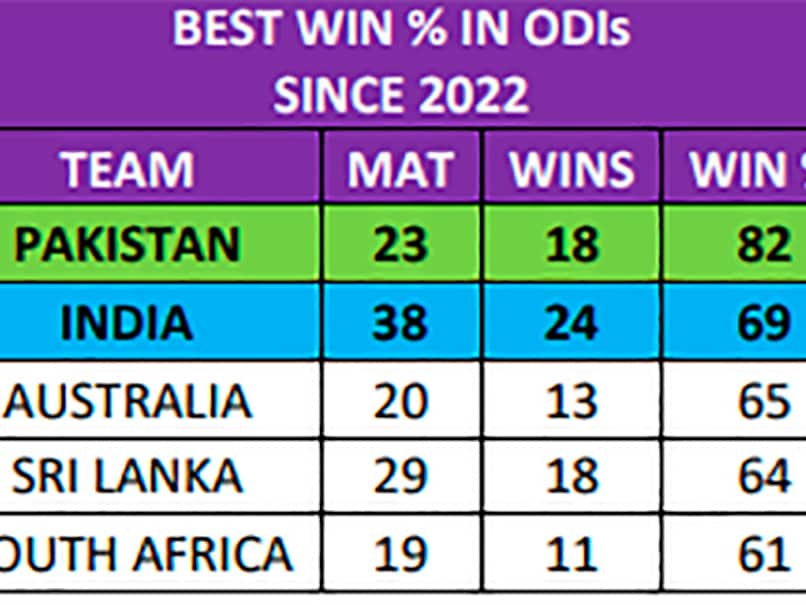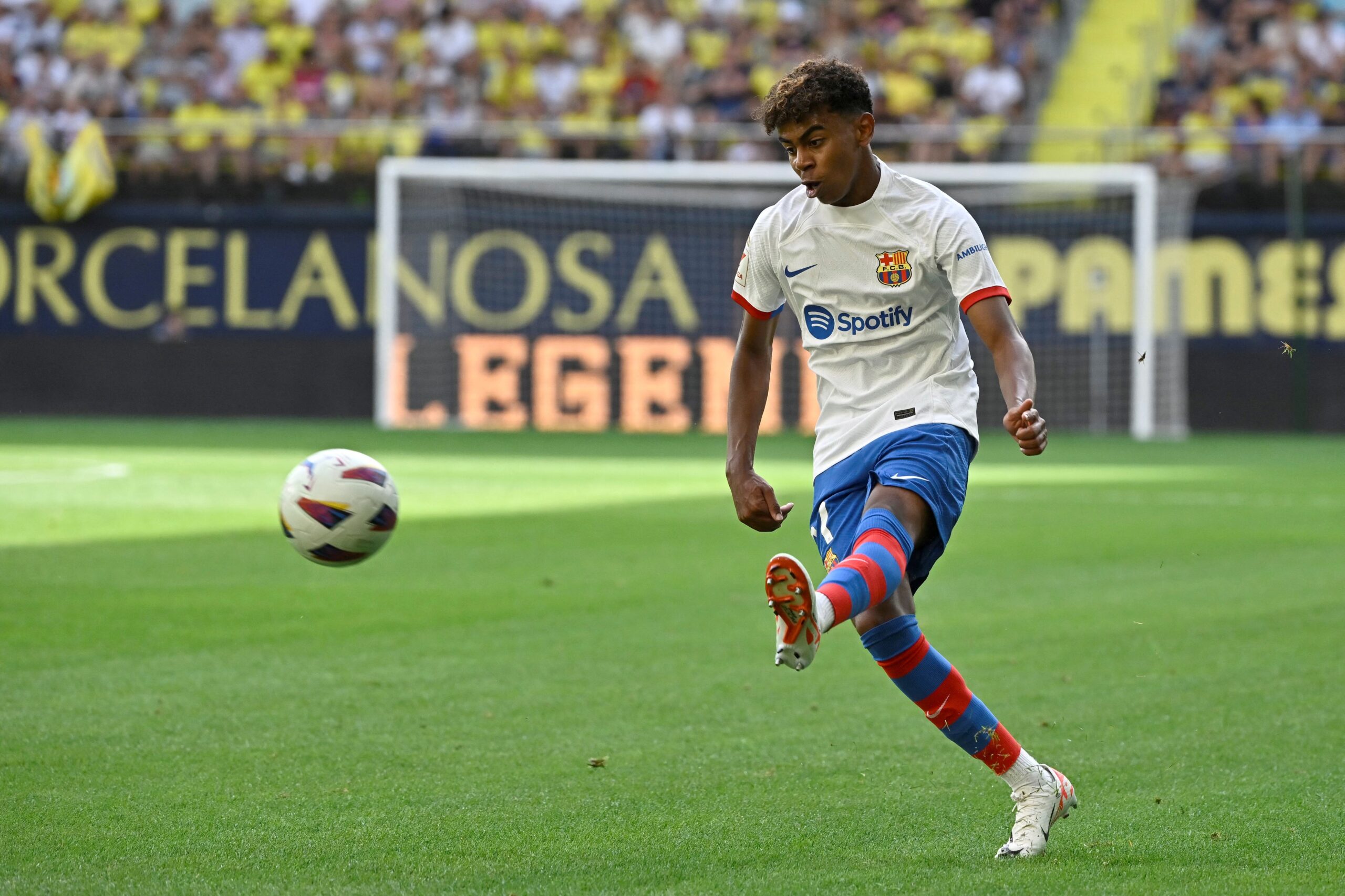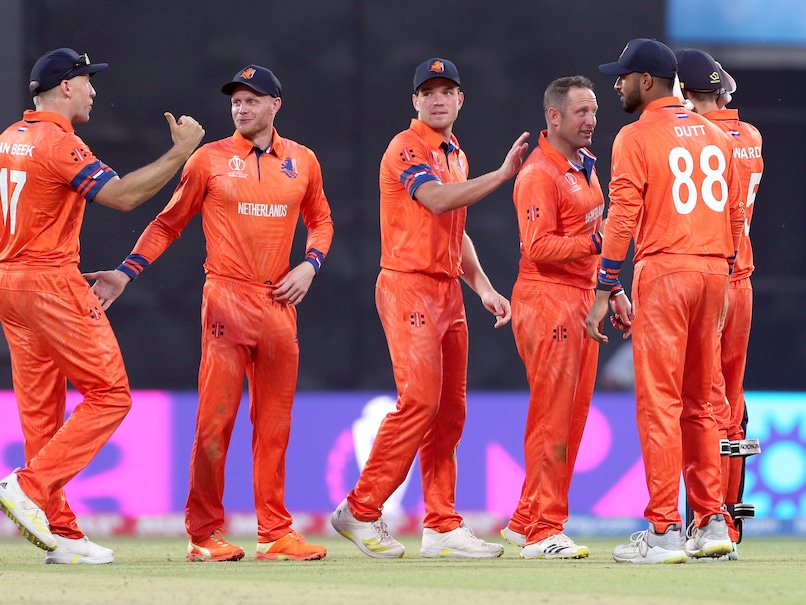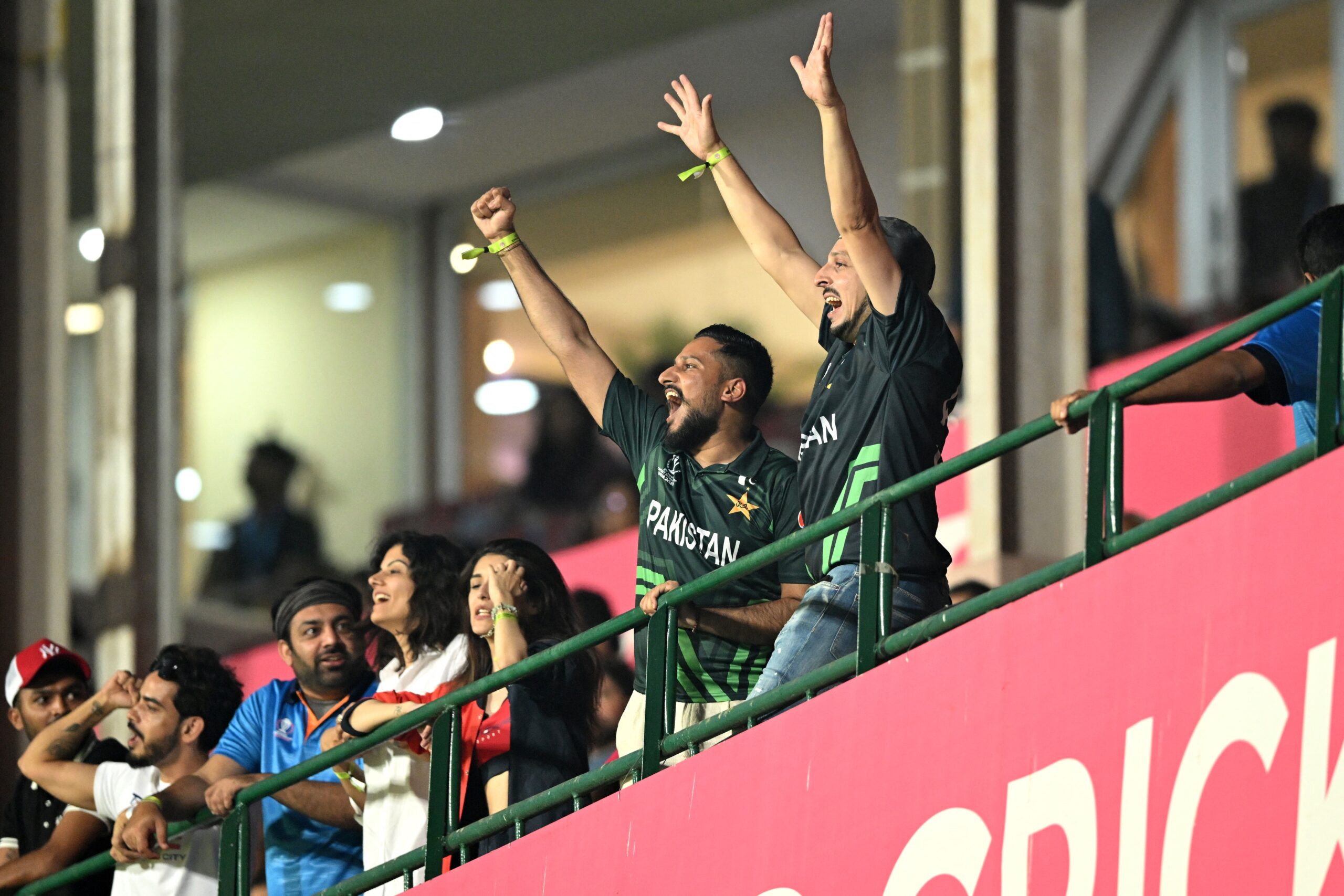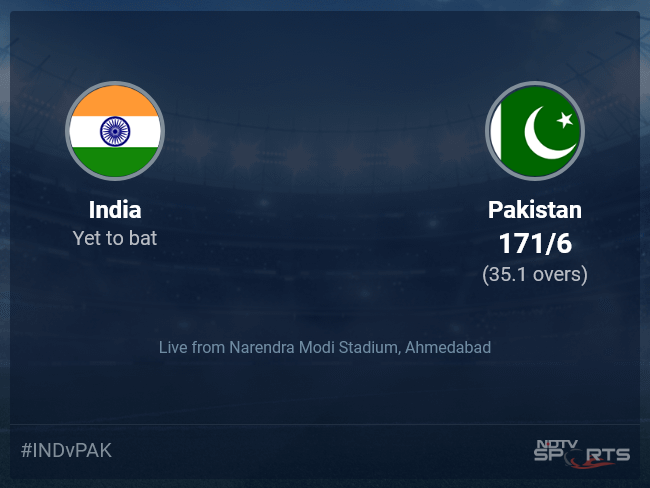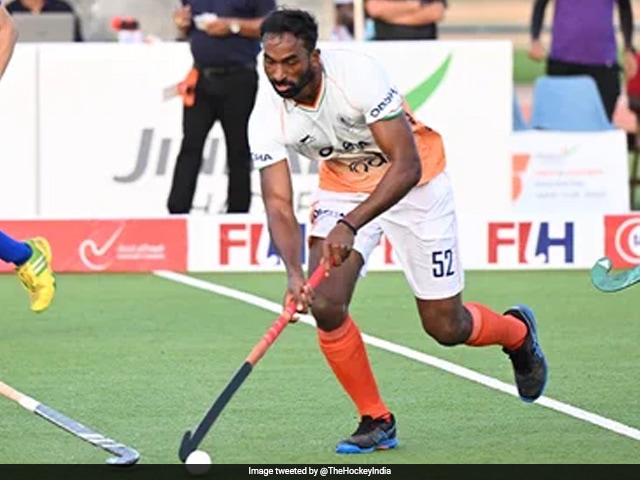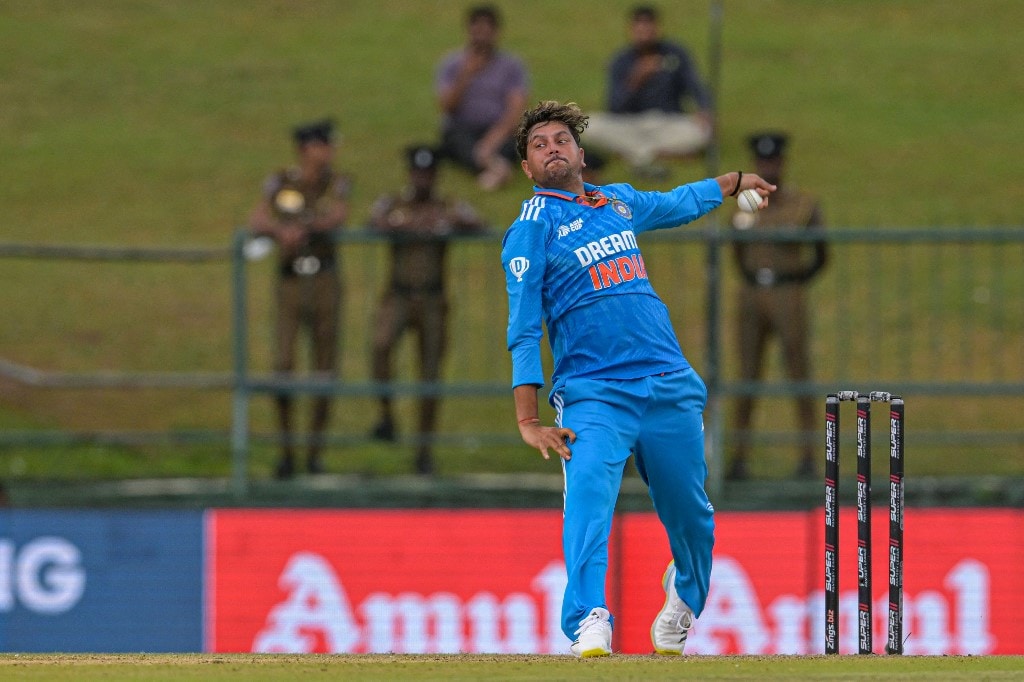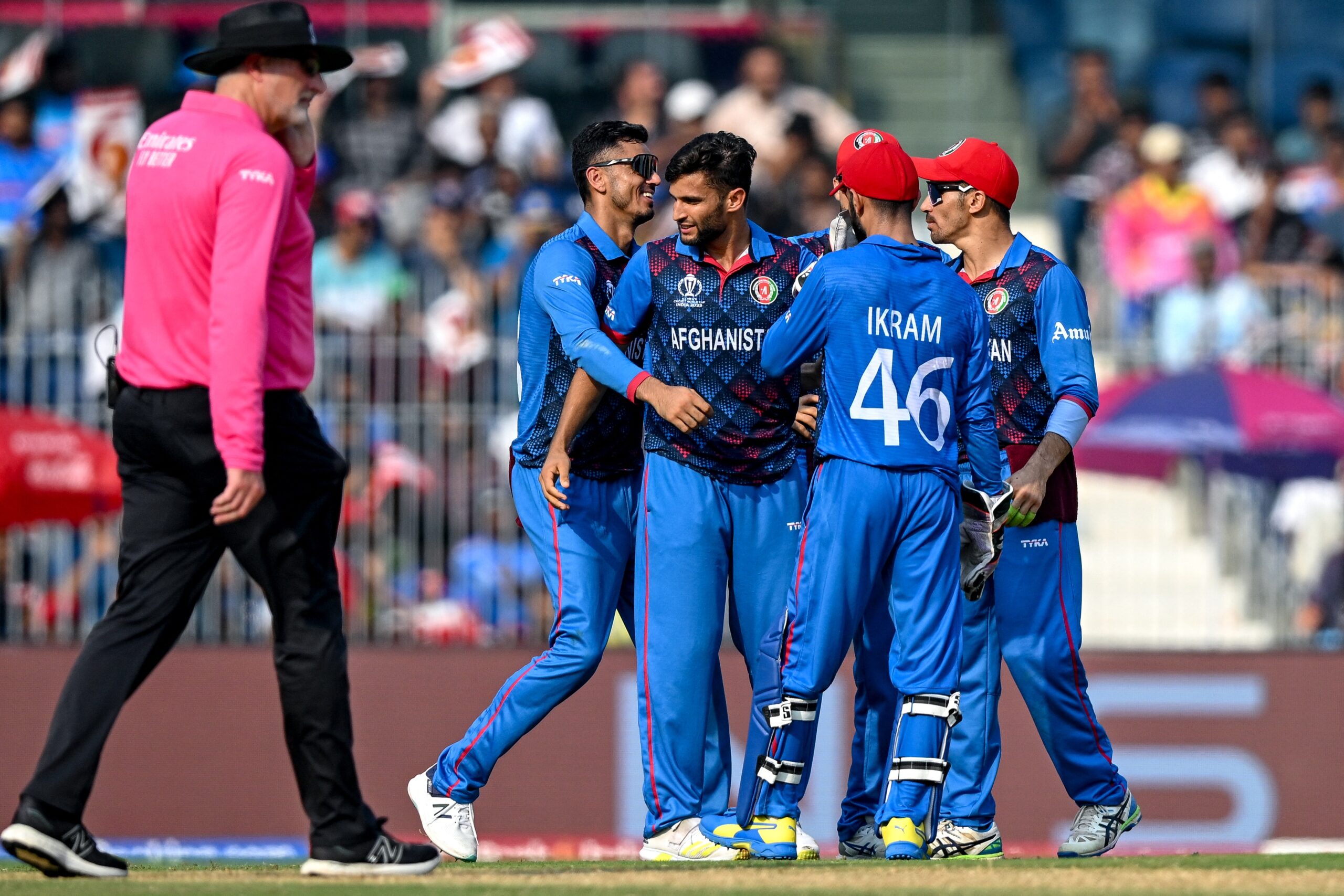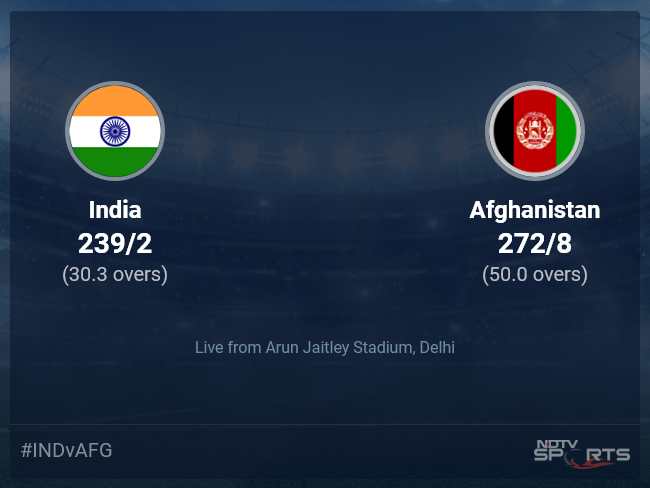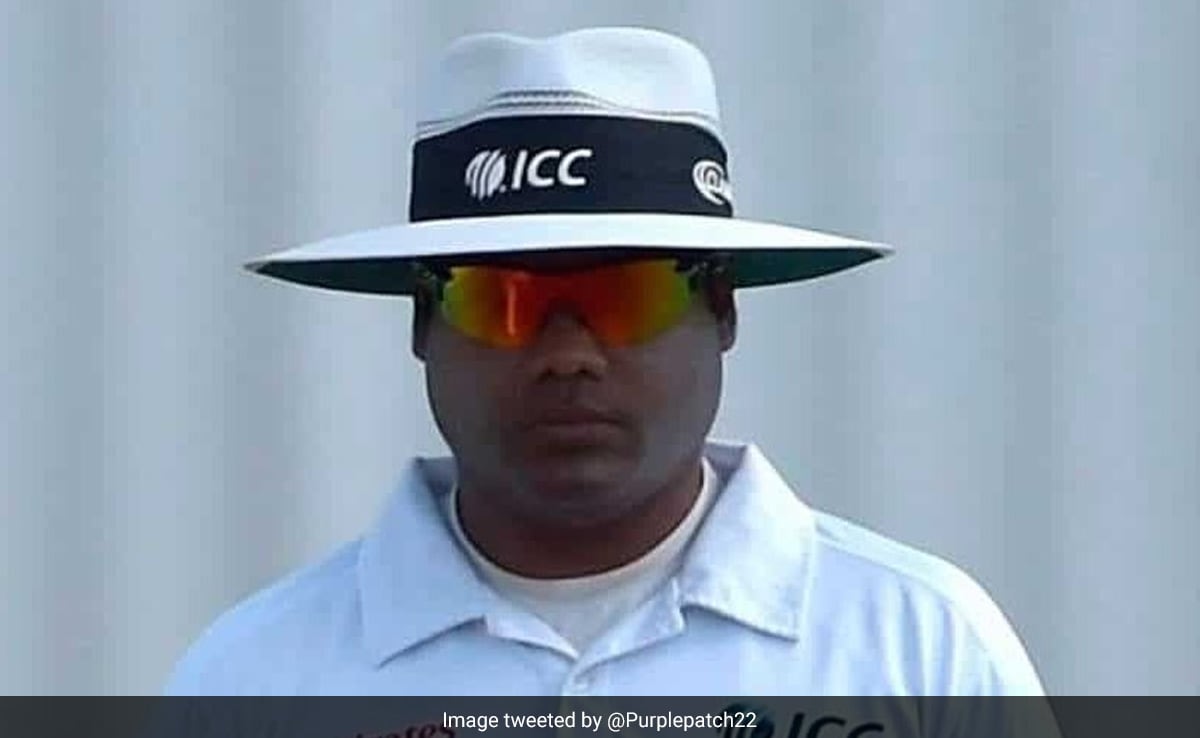Rohan Bopanna’s agonising wait to win his maiden men’s doubles Grand Slam title continued as he lost the hard-fought US Open final with partner Matthew Ebden to defending champions Rajeev Ram and Joe Salisbury in New York on Friday. Playing only his second men’s doubles final at a Major tournament, Bopanna and his Australian teammate lost the title clash 6-2 3-6 4-6 after two hours and one minute. Ram and Sailsbury became the first team to win three straight US Open titles.
Bopanna was playing the US Open final for the second time in his career and this time as the oldest player at 43.
He had finished a runner-up with his Pakistani partner Aisam-ul-haq Qureshi way back in 2010, losing the title clash to the legendary Bryan brothers.
Overall, it was third Grand Slam final for Bopanna, who won his first and only Major in 2017 when he lifted the French Open mixed doubles trophy with Canadian partner Gabriela Dabrowski.
Leander Paes and Mahesh Bhupathi are only two male tennis players from India to have won Grand Slam titles.
Bopanna and Ebden got the start they wanted, breaking their rivals in the very first game. The Indian’s ferocious forehand was at work. He blasted a winner on a feeble return to earn three breakpoints.
Ram only helped them by fluffing an easy backhand volley on the first chance. Bopanna consolidated the lead with an easy hold.
The sixth seeds had a chance to go up 3-0 but could not convert the breakpoint when the Briton served at 30-40. The defending champions survived a few anxious moments but eventually got on board after playing three deuce points in that third game. Ebden’s volley winner on Salibury’s return earned them another breakpoint and they sealed that when the Briton could pick up a half-volley.
This put Bopanna and Ebden firmly in control of the contest as they were now leading the first set 5-2.
The Australian came out to serve out the set and delivered. Ebden landed his serves exactly where he wanted to go up 40-0 and Ram hit his forehand return long on the first set point.
Salisbury was feeling the heat. It was evident when he came out to serve in the second set.
The Briton served two double faults and was down a breakpoint when Bopanna found a screaming backhand passing winner at 30-all, running on his left but eventually the third seeds managed to hold the third game to stay alive in the match.
Soon it was Bopanna who was now struggling with his serve. He served a double fault and Ram’s strategy of firing deep returns unsettled the Indian a bit and it was enough to steal that crucial break that put the holders 4-2 up.
Having grown in confidence with that break of serve, Ram’s serve got better and Sailsbury’s ground strokes too improved along with movement on the court.
Ram sealed the set with an ace, forcing a decider.
Clearly, the momentum had shifted.
To make it even tougher for himself Bopanna was down 0-40 in the opening game of the final set but saved all breakpoints by reeling off five straight points for a tough hold.
Heart-stopping action followed in the fourth game when Salisbury staved off three breakpoints to stay on serve.
With two teams raising the level of the tennis being played, intense action was witnessed. Bopanna served a double fault at 30-all in the fifth game to be down by another breakpoint.
The Indian went for an all-out cross court forehand winner but missed the line by a very thin margin to hand a crucial break to the rival team that consolidated the break with an easy hold.
Down 2-4 in the final set, Bopanna showed exemplary sportsman spirit and character when he himself conceded a point after a ball deflected off his right arm when his serving partner made a forehand return.
It was considered a winner as the chair umpire could not notice the deflection but the Indian himself told the umpire that he was conceding the point. Ebden held the serve and so did Bopanna in the next game.
Ram came out to serve for the championship and there was no twist in the tale.
Topics mentioned in this article


